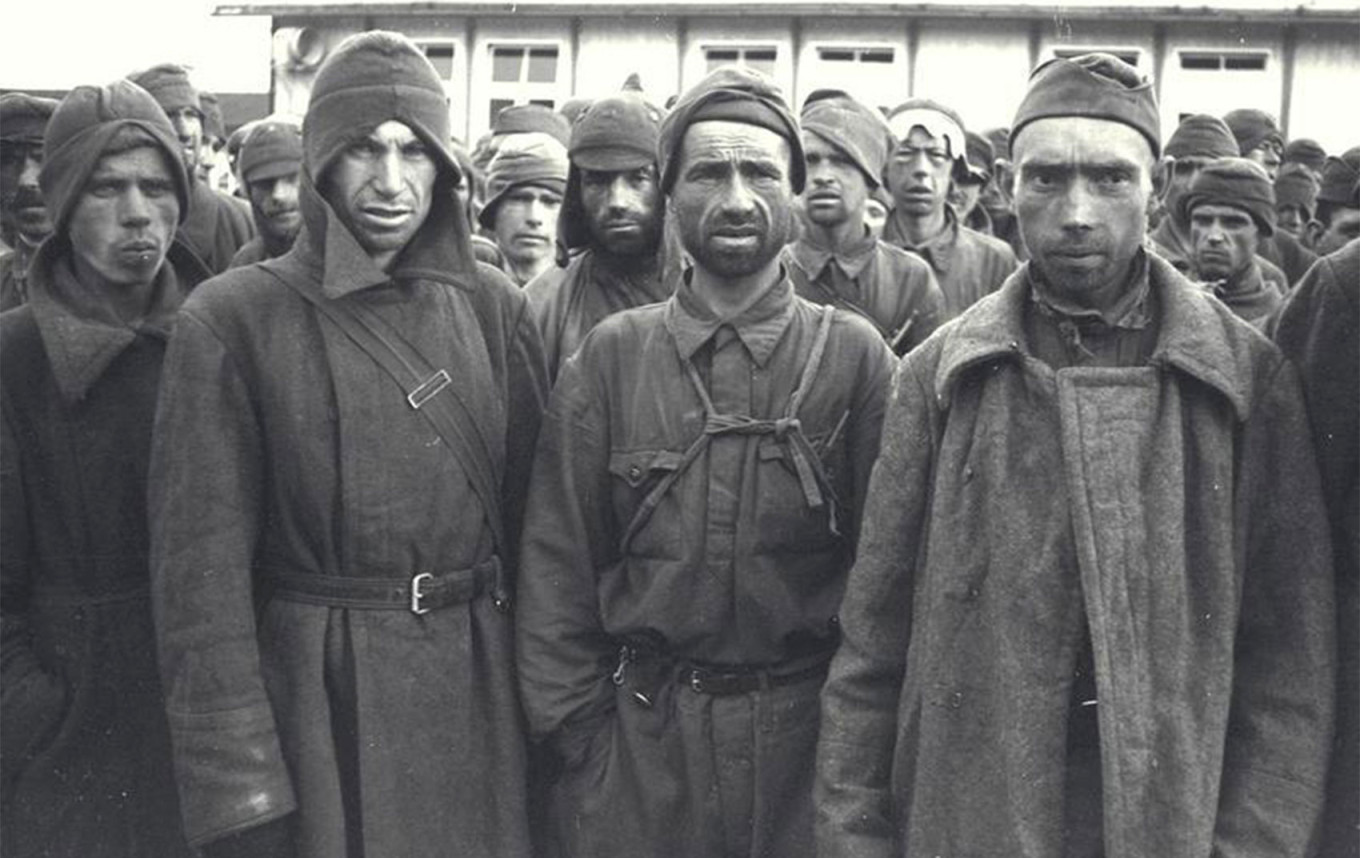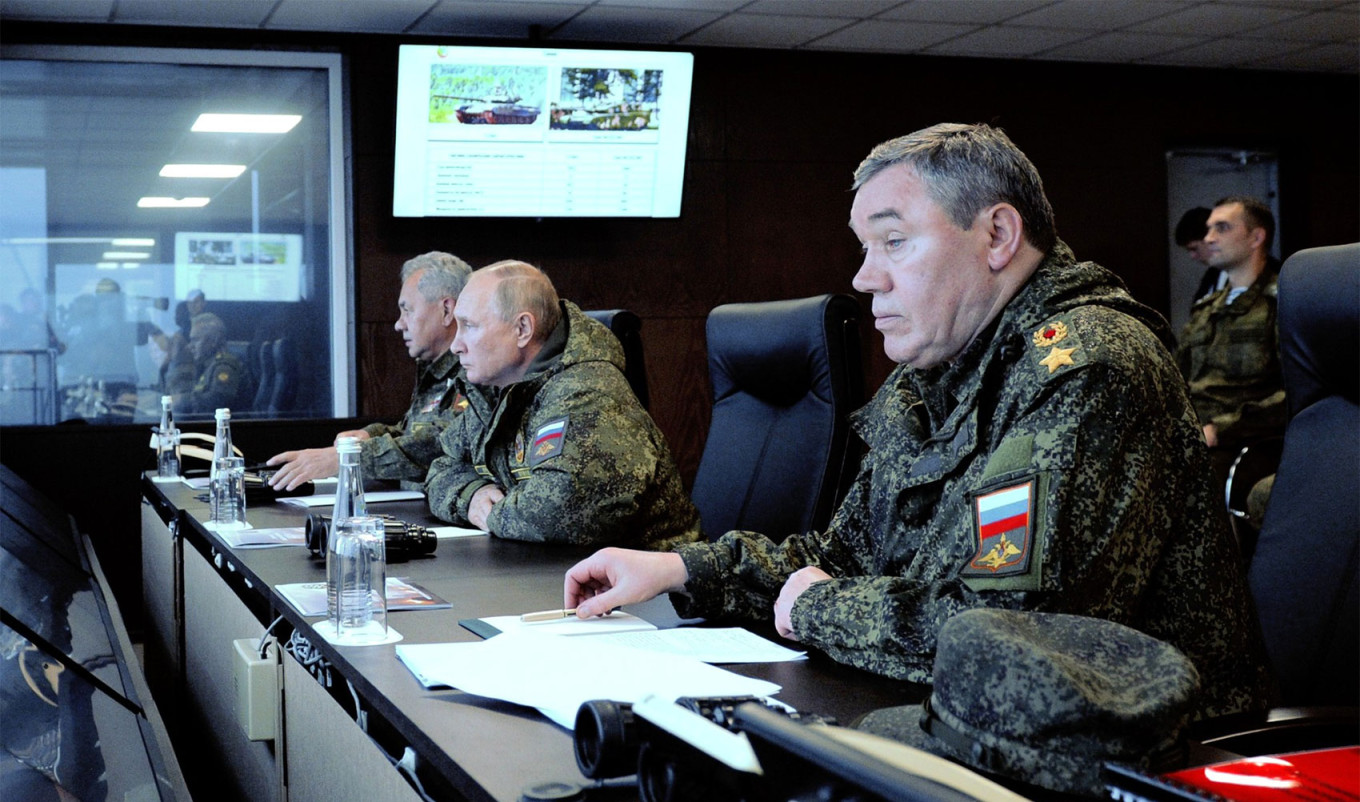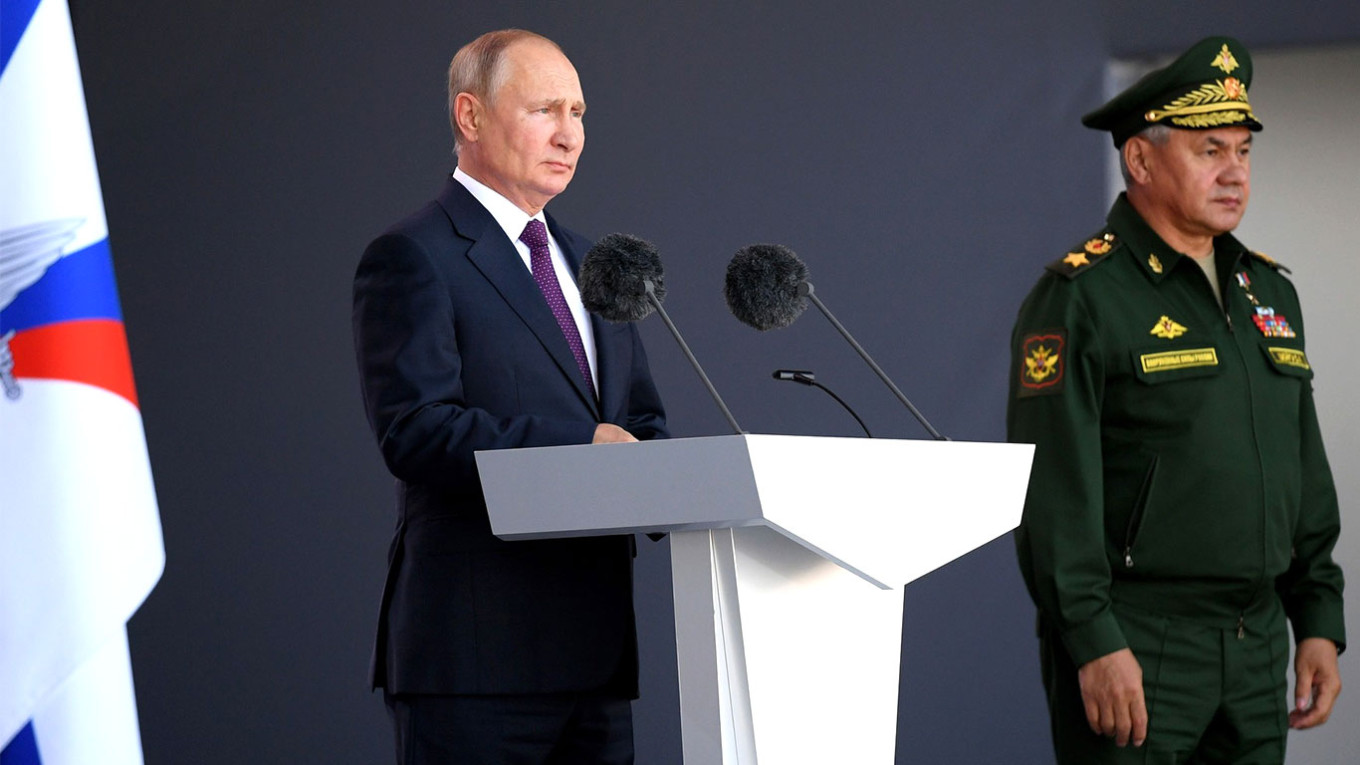Russian President Vladimir Putin on Saturday signed off on amendments to the Criminal Code that include a new article on “Voluntary Surrender.” This stipulates that any Russian soldier surrendering “voluntarily” will be sentenced to between three and 10 years in prison.
This signals the start of a new chapter in the long and brutal history of Russian PoWs returning to their homeland.
The failed Winter War
Soviet leader Josef Stalin expected that his 1939 attack on Finland would be a “three-day war.” But, after three months of fighting, the Soviet Union still hadn’t won. And to his surprise, about 6,000 men, including commanders and commissars, had surrendered. After the armistice, Stalin decided to teach the entire army a lesson. More than 500 former PoWs were shot and almost all the rest sent to the gulag. Only 450 survived.
The PoWs sent to the gulag were the lucky ones. Prison sentences were considered an act of “mercy,” since the Penal Code in those years stipulated the death penalty “for surrender not caused by combat conditions.”
The Great Patriotic War and treason
The first months after the Nazi attack in June 1941 were a disaster for the Red Army. By the end of the year, 3.3 million soldiers and officers of the Red Army had been captured. The German command was totally unprepared for this influx, and prisoners lived outdoors surrounded by barbed wire. It was easy to escape, but there was nowhere to go.

PoWs who somehow managed to get back to the Soviet Union were presumed guilty. If a former prisoner could prove he’d been wounded or left without arms or ammunition before being captured, he was sent back to fight. The others were sent to the gulag.
Stalin created special camps for “traitors to the Motherland, spies and terrorists” in 1943. Conditions there were even worse than in other camps, and former PoWs were tried for "treason” — defecting to the enemy. The standard sentence was 25 years.
By the end of the war in 1945, 1.8 million former prisoners of war had come home from captivity. In the Soviet Union, all returned prisoners ended up in special filtration camps and many were set to work rebuilding what had been destroyed during the war.
While ex-PoWs served out their sentences, they were investigated. The investigators determined how they had surrendered and how they behaved in German camps. Particular attention was paid to anyone who had been released by the Allies. Now, PoWs were no longer suspected of spying for Germany, but for the U.S. and the United Kingdom.
According to historians, about 5% of returning PoWs were tried for "treason against the Motherland." That may seem like a small percentage, but it was tens of thousands of men.
Those who were released without charges were put under surveillance by the secret police and had difficulty getting access to education or getting a job. At that time, all job applications included the question: “Were you a prisoner of war?”
U.S. helps Russian PoWs in Afghanistan
Very little is known about Soviet PoWs during the initial fighting in Afghanistan, which began in December 1979. They simply did not exist: Afghan mujahideen shot prisoners on the spot.
Vladimir Bukovsky, an exiled Soviet dissident, worked hard to convince the U.S. authorities to make the mujahideen follow at least some of the rules of war. In 1986, Freedom House staffer Ludmilla Thorne went to Afghanistan in an attempt to persuade field commanders to allow Soviet PoWs to leave for the United States.

She was able to get about a dozen PoWs out of Afghanistan. Not all of them remained: some were unable to adapt, some had families and fiancés back home. Soldier Nikolai Ryzhkov met with the Soviet ambassador in Washington, Anatoly Dobrynin, who personally gave him guarantees of immunity upon his return to the Soviet Union. Nine days after arriving home, Ryzhkov was arrested and sentenced to 12 years on the same Stalinist charge of “treason against the Motherland.”
PoWs who returned after the end of the war in Afghanistan in early 1989 were no longer in danger: camps for political prisoners had been closed. But, until the very end of the Soviet Union, their rights were restricted, and they could neither study nor get a decent job.
Another “three-day war”
Putin is in the same situation today as Stalin was in 1939. He, too, was counting on a "three-day war" and did not expect his soldiers to surrender by the hundreds. Four days after the war began, 200 Russian soldiers were captured, and, by March, there were 562 PoWs. There are no official figures from either side, but the probable total is about a thousand.
For Russian soldiers, surrendering is the easiest way to stay alive, especially since, psychologically, it is quite easy for them: the “enemy” speaks their language.
How military tribunals will interpret the law is not yet known. In a sense, surrender is always a voluntary act: a person makes a choice between life and death.
One thing is clear from this, however: apart from fear, Putin has no way of motivating his soldiers to fight. And this is a clear sign that he cannot win this war.
A Message from The Moscow Times:
Dear readers,
We are facing unprecedented challenges. Russia's Prosecutor General's Office has designated The Moscow Times as an "undesirable" organization, criminalizing our work and putting our staff at risk of prosecution. This follows our earlier unjust labeling as a "foreign agent."
These actions are direct attempts to silence independent journalism in Russia. The authorities claim our work "discredits the decisions of the Russian leadership." We see things differently: we strive to provide accurate, unbiased reporting on Russia.
We, the journalists of The Moscow Times, refuse to be silenced. But to continue our work, we need your help.
Your support, no matter how small, makes a world of difference. If you can, please support us monthly starting from just $2. It's quick to set up, and every contribution makes a significant impact.
By supporting The Moscow Times, you're defending open, independent journalism in the face of repression. Thank you for standing with us.
Remind me later.








